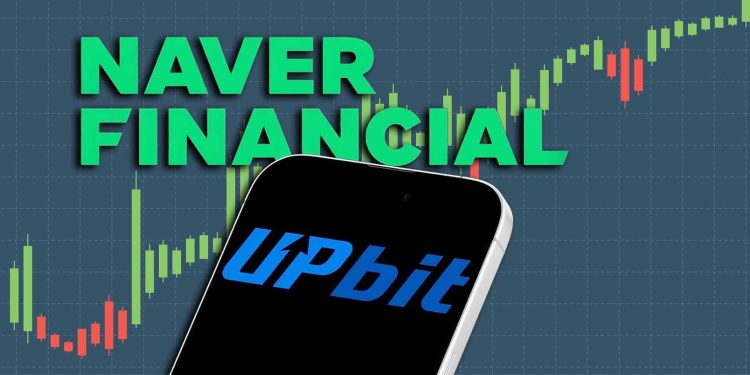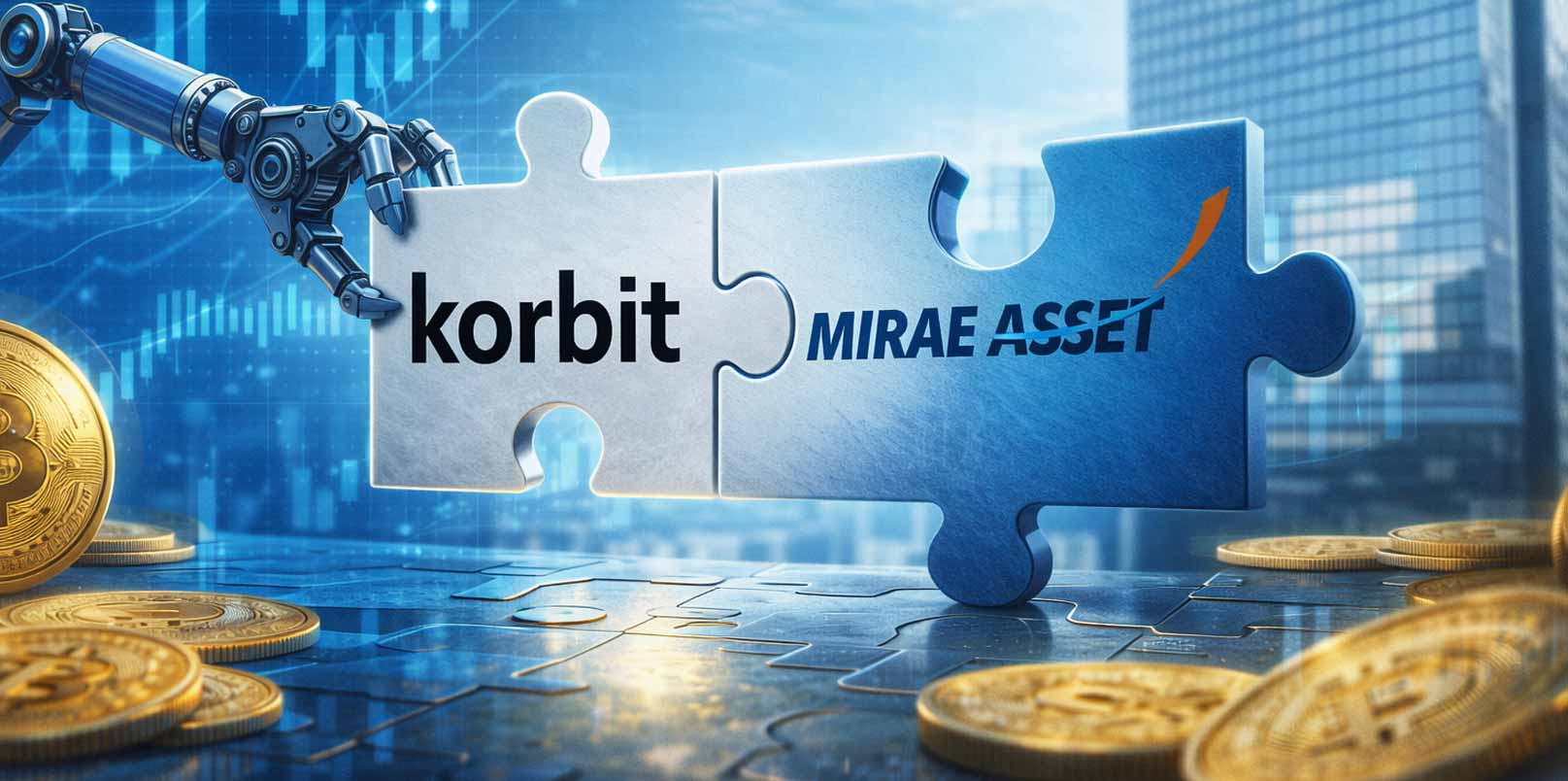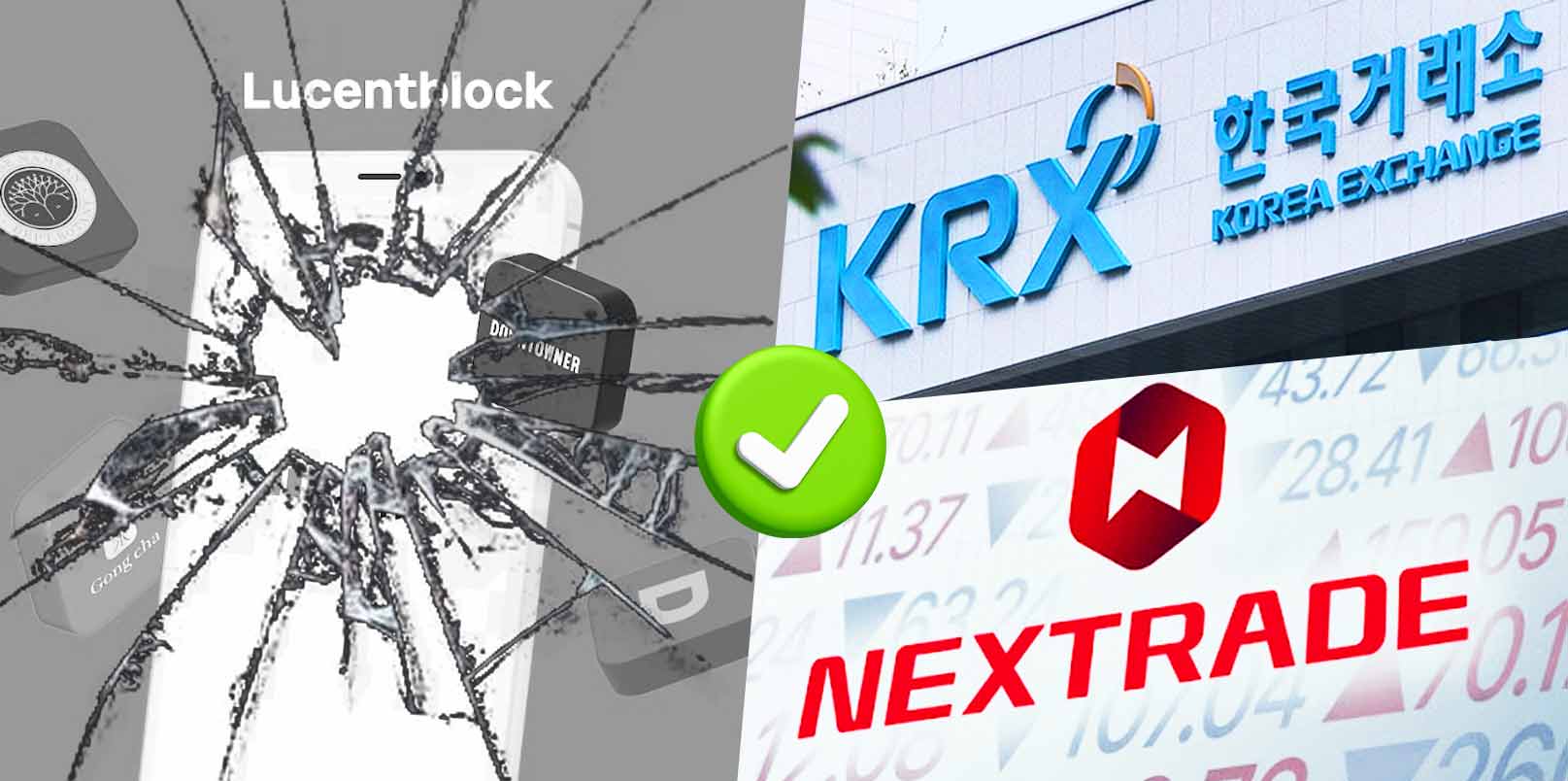Shares of Dunamu, operator of Upbit, have surged past KRW 400,000 (~ USD 290) for the first time in over three years amid news that the company is negotiating a comprehensive stock swap with Naver Financial. While the deal is not finalized, investor excitement over potential Nasdaq listing prospects has already reshaped valuations, highlighting how unsealed agreements can trigger global speculation about Korea’s fintech–crypto ambitions.
Dunamu – Naver Financial Stock Swap Agreement Raises Anticipation
On September 25, Dunamu and Naver Financial confirmed plans to pursue a comprehensive stock exchange, a structure that would make Dunamu a wholly owned subsidiary of Naver’s fintech arm.
The deal, estimated at KRW 20 trillion (~ USD 14.5 billion), initially triggered volatility, with Dunamu’s price falling more than 10% as investors questioned the logic of the larger firm folding into Naver Financial.
By September 29, sentiment had shifted. Reports that Dunamu shareholders would receive stock on a 3:1 ratio and that Chairman Song Chi-hyung could emerge as the largest shareholder of Naver Financial lifted confidence. Dunamu’s unlisted stock price rebounded sharply, reaching KRW 410,000 — its highest level since April 2022. Naver shares also gained nearly 20% in the same period, closing September 30 at KRW 268,500.
Why Investors See Global Potential
Analysts attribute the rally to expectations that the merged entity could pursue a U.S. Nasdaq listing. Dunamu, which operates the world’s fourth-largest crypto exchange, and Naver, Korea’s leading fintech platform, are seen as complementary players capable of commanding global investor attention.
Brokerage reports suggest that if Naver issues a Korean-won-based stablecoin and integrates it into Naver Pay while leveraging Dunamu’s blockchain infrastructure “Giwa,” the merged company could achieve a market cap of at least KRW 50 trillion. For comparison, U.S. exchange Coinbase trades above KRW 100 trillion on Nasdaq.
Trading activity reflected this enthusiasm. Dunamu’s daily transaction volumes rose more than tenfold during the week of the announcement, signaling strong speculative demand.
Stakeholder Balance: Dunamu’s Chairman vs. Naver’s IPO Path
Market estimates currently value Dunamu and Naver Financial at approximately 4:1. If that ratio holds, Chairman Song Chi-hyung’s 25.5% stake in Dunamu would translate into just over 20% of the merged entity, making him the largest shareholder. Meanwhile, Vice Chairman Kim Hyung-nyeon’s stake would be reduced to about 10.5%.
A research note from Eugene Investment & Securities projected that under the proposed exchange, Naver would hold about 13.8% of the merged entity, with the remainder distributed among minority shareholders of both firms.
While some observers speculate the Dunamu chairman could ultimately become a major shareholder in Naver itself, industry voices remain cautious.
Analysts highlight instead the potential for Naver Financial to pursue a standalone IPO, which could attract global fintech investors without triggering criticism of “split listings” in Korea.
Korea’s First Large-Scale Tech Convergence: More Questions Raised
The planned integration of Dunamu and Naver Financial is the first time a major Korean big tech platform and a crypto exchange have attempted a merger of this scale. Rather than offering simple answers, it opens a series of strategic questions for Korea’s fintech–crypto ecosystem.
Firstly, a Korean-won-based stablecoin linked across Naver’s e-commerce, payments, and Dunamu’s blockchain could fast-track the country’s entry into regulated digital currency infrastructure. Not only that, but Dunamu has also long U.S. Nasdaq listing, and operating under the Naver brand could reduce political and regulatory hurdles that have frustrated standalone IPO attempts by crypto firms.
There is also a regulatory contrast emerging. Dunamu is expanding with big tech backing, while rival exchange Bithumb faces heightened scrutiny, including exclusion from a Financial Supervisory Service roundtable. This divergence suggests the industry is reorganizing around compliance and scale.
Lastly, if the planned integration succeeds, it could push Korea into the front ranks of the global fintech–crypto race, placing Seoul alongside hubs such as New York and Singapore.
The Next Financial Test for South Korea
The proposed merger has not yet been finalized. Both Dunamu and Naver Financial will hold board meetings in late October to decide stock exchange ratios and governance structure. Still, the mere announcement has already triggered a surge in valuations and global speculation.
And so, this moment has turned into a test for South Korea, whether the country can transform a domestic fintech–crypto alliance into a global-scale financial platform, balancing innovation with regulatory trust. Policymakers, investors, and founders worldwide will be watching whether Korea can turn a speculative rally into a durable entry point onto Nasdaq and beyond.
🤝 Looking to connect with verified Korean companies building globally?
Explore curated company profiles and request direct introductions through beSUCCESS Connect.
– Stay Ahead in Korea’s Startup Scene –
Get real-time insights, funding updates, and policy shifts shaping Korea’s innovation ecosystem.
➡️ Follow KoreaTechDesk on LinkedIn, X (Twitter), Threads, Bluesky, Telegram, Facebook, and WhatsApp Channel.






